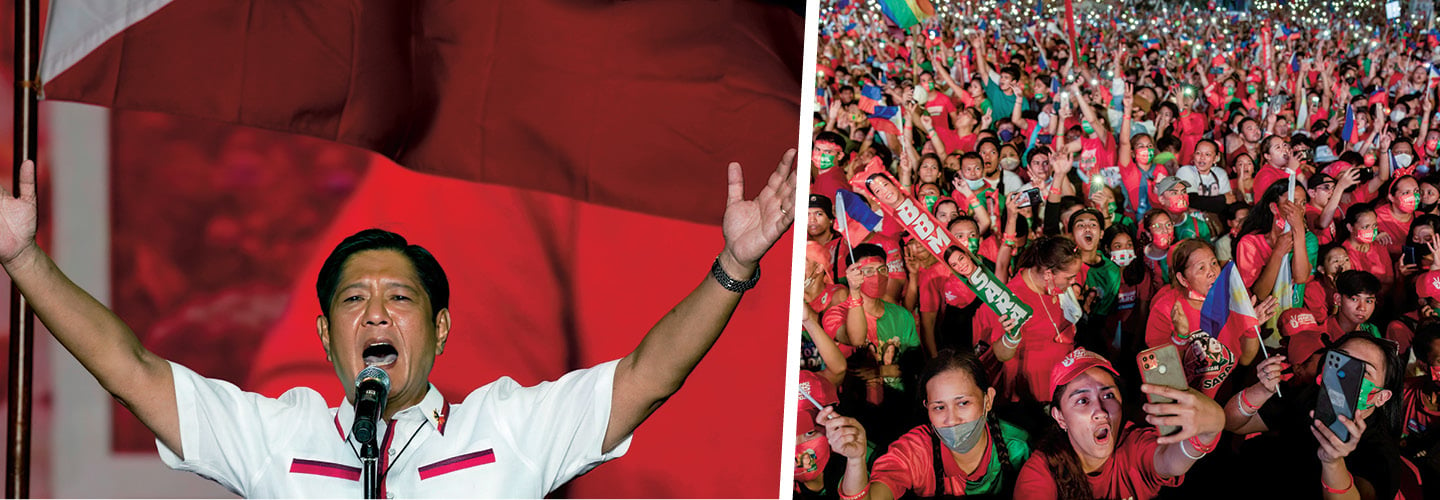Many people in the Philippines remember the violence and fear of the 21 years that Ferdinand Marcos ruled the nation as a dictator. The police routinely rounded up anyone who might possibly oppose the regime, including community activists and union members. Many of those arrested were tortured, and some simply disappeared.
When Pacita Armada was 16 and living at her uncle’s house in 1976, authorities arrived to conduct a raid because her uncle belonged to a labor union. She remembers police grabbing her by her hair, dragging her outside, and taking her to the station with about a dozen other people.
“They forced me to say something about my uncle’s activities,” Armada, now 62, recalls. “I told them I knew nothing. They repeatedly hit me on the head. I cried and cried. They told me I would never be freed.”
She remained behind bars for four months, and her father died while she was in detention.
“I think he died because of me,” she says. “He was stressed out and suffered a heart attack and died.”
Ferdinand Marcos ruled the Philippines as a dictator for 21 years. Many Filipinos still remember the violence and fear of that era. The police routinely rounded up anyone who might oppose the regime. Many of those arrested, including community activists and union members, were tortured. Some simply disappeared.
In 1976, Pacita Armada was 16 and living at her uncle’s house. One day authorities arrived to conduct a raid because her uncle belonged to a labor union. She remembers the police grabbing her by her hair and dragging her outside. Then they took her to the station with about a dozen other people.
“They forced me to say something about my uncle’s activities,” Armada, now 62, recalls. “I told them I knew nothing. They repeatedly hit me on the head. I cried and cried. They told me I would never be freed.”
She remained behind bars for four months. While she was in detention, her father died.
“I think he died because of me,” she says. “He was stressed out and suffered a heart attack and died.”

